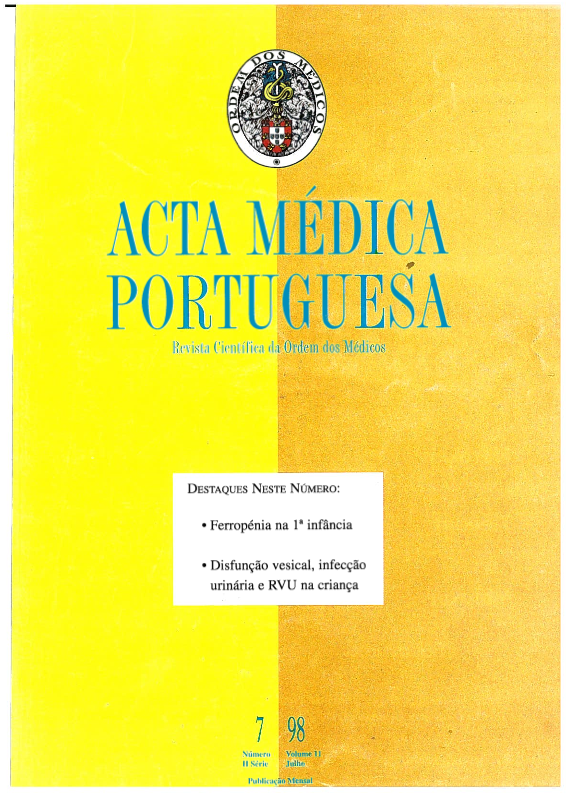Branched chain amino acid diseases.
DOI:
https://doi.org/10.20344/amp.2301Abstract
The authors present 19 cases of branched-chain AA catabolism disease: 9 Maple Syrup Urine Diseases, 6 Methylmalonic Acidemias, 2 Propionic Acidemias, 1 case of 3-OH-3-methylglutaryl-CoA-lyase deficiency and another of 2-methyl-ketoacetyl-CoA-thiolase deficiency. Fifteen are early neonatal forms and in 4 the onset occurred later. Fifteen patients (78.9%) needed one or several extra-corporal procedures either in the initial acute phase or during relapse. Fifteen patients presented several metabolic relapses, sometimes fatal (3 children). Global mortality was 26.3%, that is 5/19 patients: 4 children with neonatal forms, one with a later onset. Eleven patients (57.9%) had an IQ/DQ > or = 80: only 46.6% of the neonatal forms obtained these results, in contrast with all the late onset forms. Of the survivors, 9 (64.2%), presented a residual neurologic condition. The correct diagnostic and treatment procedures are defined and the need to consider the existence of these diseases at any age, particularly in the neonatal period, is stressed.Downloads
Downloads
How to Cite
Issue
Section
License
All the articles published in the AMP are open access and comply with the requirements of funding agencies or academic institutions. The AMP is governed by the terms of the Creative Commons ‘Attribution – Non-Commercial Use - (CC-BY-NC)’ license, regarding the use by third parties.
It is the author’s responsibility to obtain approval for the reproduction of figures, tables, etc. from other publications.
Upon acceptance of an article for publication, the authors will be asked to complete the ICMJE “Copyright Liability and Copyright Sharing Statement “(http://www.actamedicaportuguesa.com/info/AMP-NormasPublicacao.pdf) and the “Declaration of Potential Conflicts of Interest” (http:// www.icmje.org/conflicts-of-interest). An e-mail will be sent to the corresponding author to acknowledge receipt of the manuscript.
After publication, the authors are authorised to make their articles available in repositories of their institutions of origin, as long as they always mention where they were published and according to the Creative Commons license.









